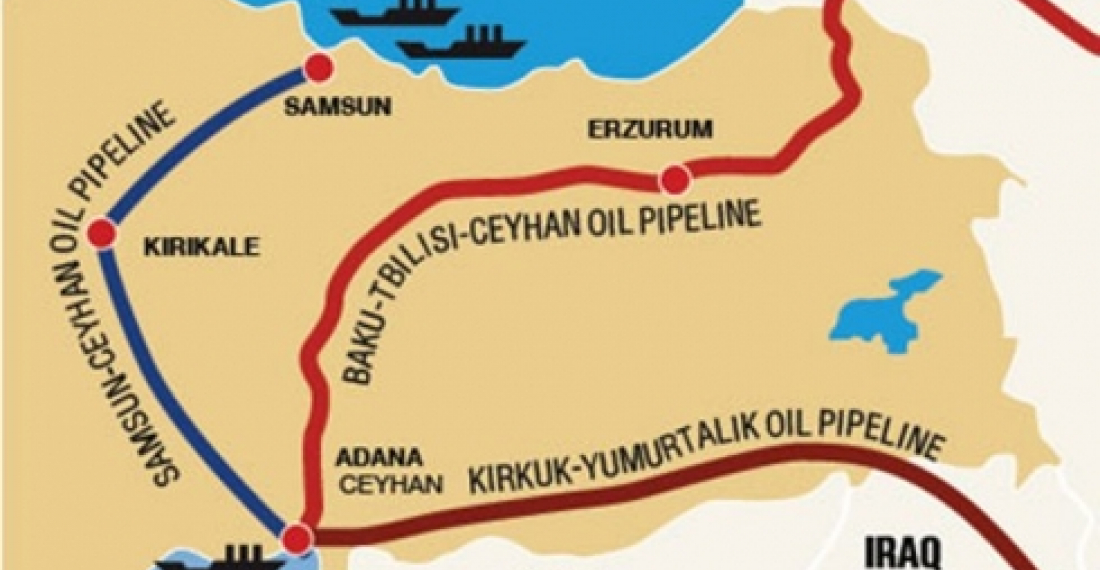- Armenia-Azerbaijan Strategic Expert Platform: Members emphasise the importance of the present moment for the South Caucasus and call for the momentum to be used for the long-term peace and prosperity of the region
- Thursday Interview: Dr. Anar Valiyev
- Food insecurity in Somalia has nearly doubled in the past year
- Türkiye evaluating potential measures in case of a US-Iran conflict
- European Parliament reaffirms support for Ukraine and EU Path
- EU moves ahead with Ukraine loan preparations despite Hungarian block
PIPELINES ON THE AGENDA OF VISIT OF PRESIDENT GUL TO MOSCOW

Ahead of an important visit by Turkish President Abdullah Gul to Russia that will start on Thursday, issues related to energy pipelines are causing concerns to the Turkish side. Over the weekend the Russian oil transportation company Transneft "has upped the ante in its game of brinkmanship against Turkey", announcing that the proposed Samsun-Ceyhan oil pipeline "was not economically feasible", according to the influential Turkish Paper, Hurriyet Daily News.
Following the comments by Transneft Vice President, Mikhail Barkov over the weekend, who also said that the studies of the project had been frozen, the Turkish Minister of Energy Taner Yildiz told the paper that “Transneft is not the only determinant of the project. However, it has to be taken into account,” adding that all issues need to be discussed between the two governments.
The Samsun-Ceyhan pipeline, which would bypass the Bosphorus by linking Turkey’s Black Sea province of Samsun with the Mediterranean port of Ceyhan, could cost $3 billion, according to estimates.
Turkey imports $31.5 billion worth of goods – especially energy – from Russia each year, while it exports $6.5 billion worth of goods.
Russian-Turkish relations have improved dramatically over the last decade and the two countries now see each other as natural partners in many spheres, but traditional competition for influence in regions such as the Caucasus and Central Asia, as well as energy issues, where both countries seek to play a role in global energy markets, continue to remain problematic.
source: Hurriyet Daily News with further input from commonspace.eu newsroom








